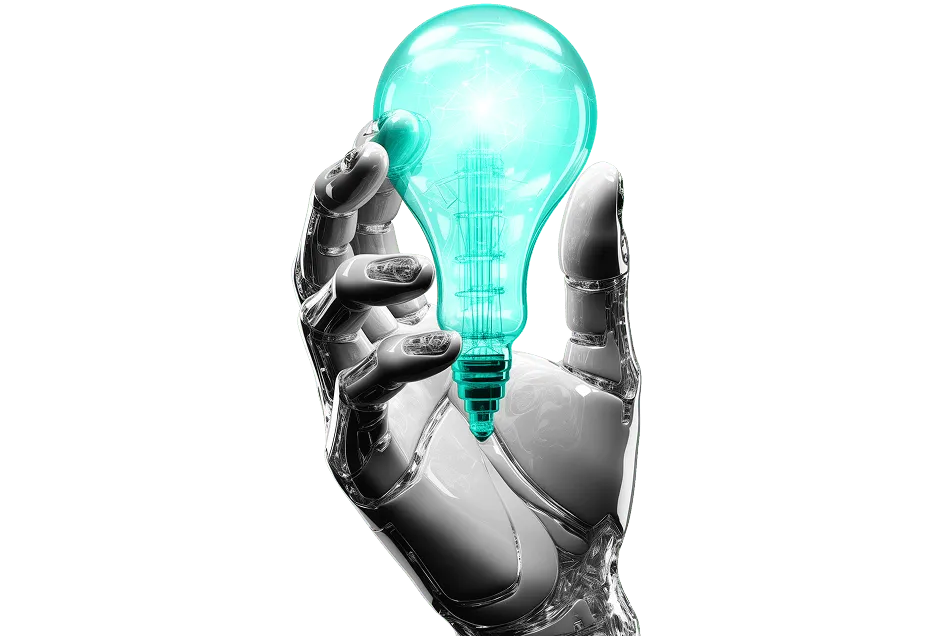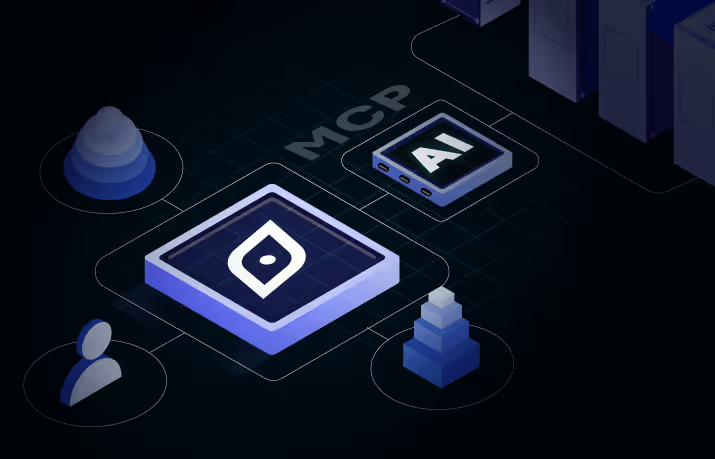GCCs in the Age of AI: Reimagining Operations and Workforce
Businesses are increasingly recognizing the long-term value of Global capability centers (GCCs) and driving investments in these entities.
However, with great investments come great expectations.
Offshore GCC leaders must have a multidimensional business orientation and serve as a link between the strategic boardroom and the operational engine room.
The future of the GCC is AI-driven; thus, leaders must reinvent the future of the GCC in that direction. Here’s a quick look at how GCCs can embrace AI transformation.
The Future of GCCs in an AI-Disrupted World
Adopting AI in GCCs leads to a 30-60% reduction in process costs, a 30-40% increase in productivity, and a 50-75% reduction in errors. With AI, GCCs can automate repetitive tasks, make more accurate predictions, and improve efficiency.
GCCs can leverage AI technologies like natural language processing, machine learning, and robotics to enhance their capabilities. For example, enterprises can use natural language processing to automate customer service inquiries and machine learning to predict demand for products and services.
However, the adoption of AI also poses challenges. AI will disrupt current GCC operations, and some jobs may become redundant. As a result, GCCs must reskill their workforce and develop new capabilities to stay relevant. Concerns have also been raised about the ethical implications of AI, such as the possibility of bias in decision-making.
Opportunities for GCCs in an AI Era
GCCs can leverage AI for innovation and competitive advantage. AI can be used in different functional areas, such as HR and finance.
In HR, AI can automate recruitment processes, improve employee engagement, and provide personalized learning and development opportunities. In finance, AI can automate routine tasks such as invoicing and reconciliation and provide real-time insights for decision-making.
GCCs can also use AI to drive innovation. For example, it can leverage AI to develop new products and services, create new business models, and enter new markets. By embracing AI, GCCs can differentiate themselves from competitors and become industry leaders.
Assessing Processes and Developing a Roadmap
GCC leaders must take stock of all the processes performed at the center and the tools and software driving them. They must classify these processes into traditional vs. digital IT.
For processes that are not to be scrapped, leaders need to check if there are powerful, maturing digital options available that can improve speed, accuracy, and outcomes from the process through digital reengineering.
For the reimagined processes, GCC leaders need to assess the range of technology options available – from RPA to Deep Learning – and develop a roadmap for automating these processes.
People Assessment and Roadmap
Leaders need to take stock of the talent pool available within the GCC and map it with the future skills required.
They must identify if there is enough Talent within the current GCC that can be reskilled/upskilled with digital skills to develop and run future applications. Or if there is a need to augment internal Talent with external consultants.
The GCC leaders must evaluate how to attract, retain and develop the next generation of digital Talent in their organizations.
Challenges and Risks Posed by AI
Despite the benefits and opportunities, GCCs must also navigate the challenges and risks associated with AI disruption. These challenges include the need for significant investment in new technologies and the potential for resistance from employees who fear job losses. Data privacy and security concerns must be addressed to protect sensitive data.
GCCs must mitigate these risks by developing effective risk management strategies and training programs. They must implement strict data privacy policies, develop effective cybersecurity protocols, and train employees on ethical and responsible AI use. By doing so, GCCs can ensure that they are well-positioned to take advantage of the benefits of AI while minimizing the risks.
Creating a Center of Excellence for AI
GCCs can positively impact their businesses by embracing AI and digital technology. A Center of Excellence must be established that focuses on developing data models and algorithms to automate tasks, optimize processes, and make predictions. The center must prioritize building an AI culture that values data, experimentation, and collaboration.
Investing in employee capabilities is crucial for GCCs to leverage the full potential of AI technologies. This includes upskilling employees in areas such as data science, natural language processing, and machine learning. GCCs should prioritize training programs that help employees understand the potential of AI and identify opportunities to apply it.
The offshore capability centers must partner with technology providers, universities, and research institutions to stay updated with new technologies and trends. These partnerships will help GCCs develop new capabilities, access new talent pools, and unlock the full potential of AI.
Draup for Talent streamlines GCC efforts by analyzing Talent, identifying skills gaps, and recommending upskilling and reskilling programs. It provides insights into emerging technologies, helping GCCs find new opportunities for innovation and growth.










.svg)

















.svg)





.svg)





.svg)
